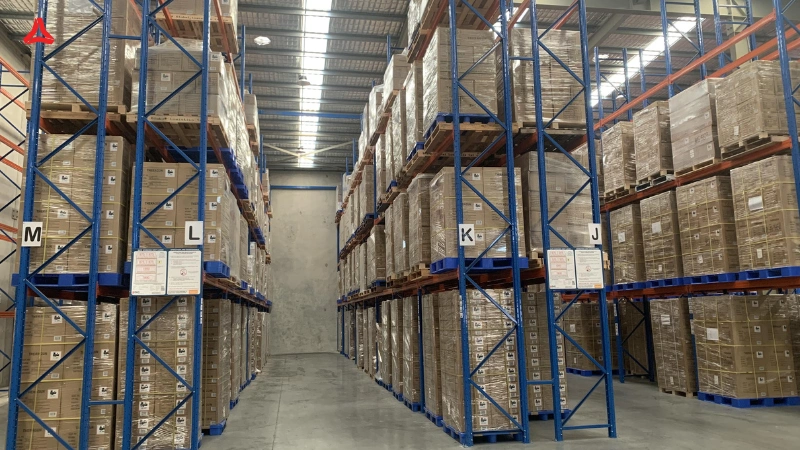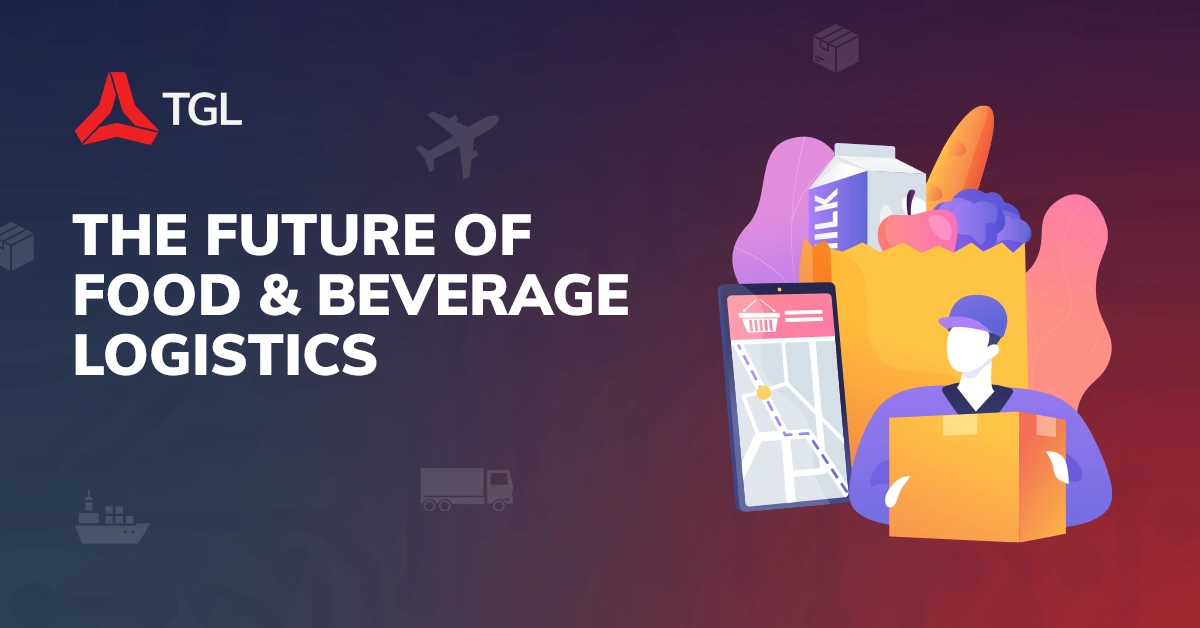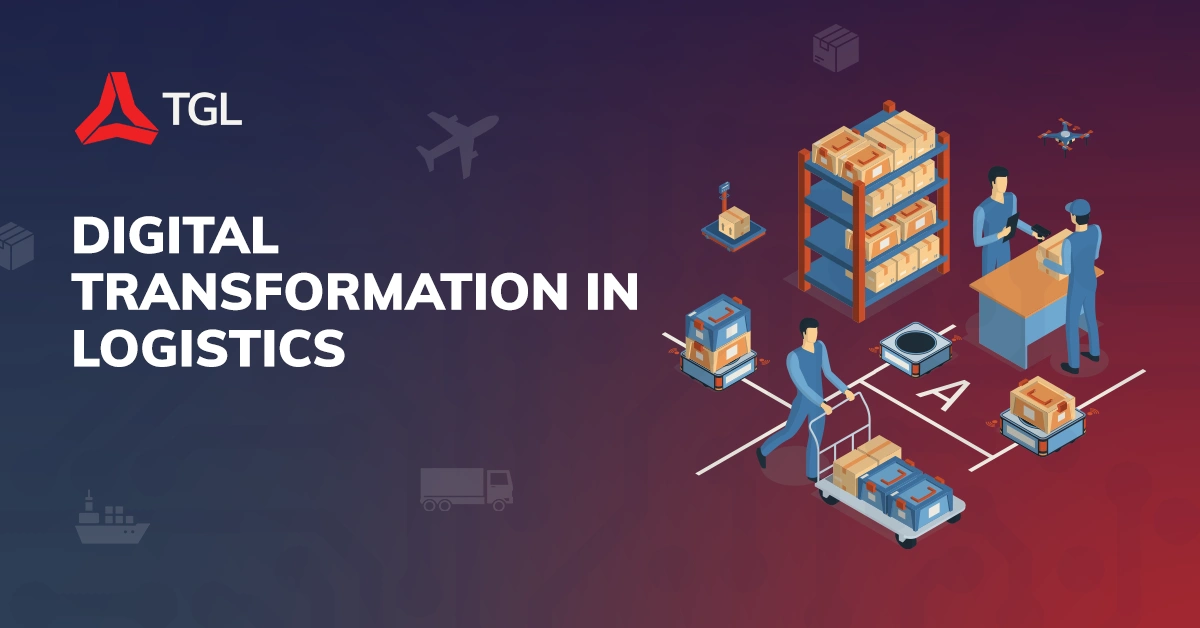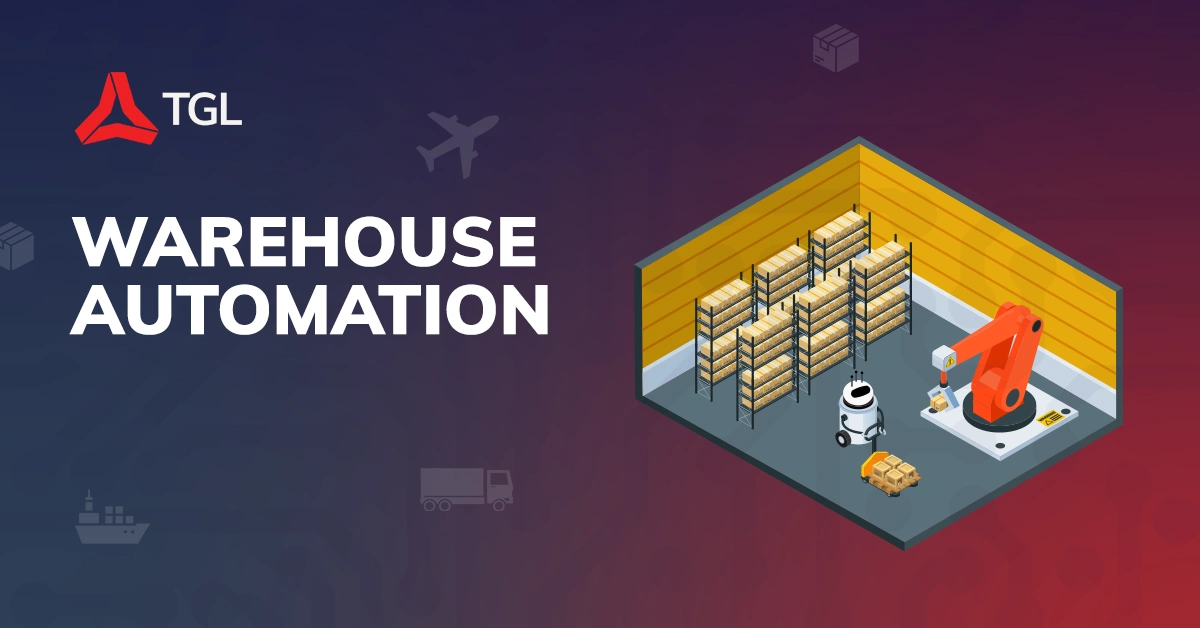How 3PL can help your growing business?

As your business grows, you must consider how you will store goods and fulfil your orders. Depending on your size, companies can either rent out their own warehouse or use an external service. In most cases, using a 3PL logistics service would be much more efficient for your company, especially if you are a small to medium-sized business. When renting out your own space, you need to consider the various costs associated with warehousing, the risks, the set-up of the warehouse, the fulfilment of goods and much more. However, outsourcing warehousing services will eliminate all the troubles that come along with renting out your own space.
What is 3PL?
Third-party logistics (3PL) is an external warehousing service offered to an organisation that optimises the storage and fulfilment of your products. 3PL companies provide a range of services, including transportation, picking/packing, order fulfilment and packaging.
Outsourcing warehouse services will give you access to better technology, flexibility, and scalability to improve efficiency. Working with a 3PL partner will eliminate the need to rent expensive commercial spaces, manage your own freight bookings, organise storage, organise the layout and much more. 3PL warehouse management is essential for companies that ship and store products between various locations; ultimately, it allows you to focus on other aspects of your business.
Internal vs outsourcing
Before choosing a 3PL, you should consider whether renting and operating your own would be feasible. Managing a warehouse is a complex and expensive task; some companies may have excessive stock levels, so it would be better to have your own space. Some of the costs and responsibilities that come with operating a warehouse include:
- Leasing costs
- Finding the appropriate location
- Your financial position, agents who rent out commercial properties look at your financials to determine if you are an appropriate candidate to rent the selected space
- You must identify how your warehouse will be set up. The set-up should allow you to get orders in and out efficiently as well as deal with fluctuating volumes
- Setting computer systems and general admin cost
- Human labour cost
- Insurance
- Security costs
- You must also develop relationships with various couriers who send the goods to the final customer
Using third party logistics
If you have decided that operating a warehouse isn't the right choice for your business, it is time to choose the best third-party logistics provider for your company. Selecting a 3PL requires thoughtful consideration; the company you choose will impact your costs and overall supply chain. A third-party logistics provider will deal with all the challenges and risks associated with warehousing; you are simply responsible for paying for the space you use. Although outsourcing can lead loss of control, high upfront cost and complex IT integrations; the benefits usually out-weigh the downfalls. No matter what you need, our qualified team at TGL will offer optimal solutions so you can fully leverage our logistics services.
Outsourcing your warehousing means eliminating the stresses of understanding logistics and focusing on the more important aspects of your business. When choosing a logistics partner to handle your warehousing needs, it is crucial to find a trustworthy company that provides easy-to-understand pricing. Using a freight forwarder will allow you to work with a single account manager to discuss your shipments.
How does 3PL logistics work?
Not every business has the resources and capabilities to operate and manage a fully functional warehouse and distribution network. A third-party logistics provider can monitor and record inventory flows, deliver items to the customer and provide additional freight services tailored to your needs. Once you have partnered with a 3PL provider, they will offer their specialised freight services to plan your company's specific warehousing and distribution strategies. The general process of warehousing involves:
- Receiving goods
The first step involves a company sending out an order to the warehouse; once they receive the shipment, they will coordinate fulfilment and store a company's inventory of products before they ship to a consumer. Once the order is received, your partner will transfer inventory into their 3PL warehouse and store information on a receiving form via a specialised warehouse management system. Generally, a receiving form includes the product name, its variants, product quantity, 3PL warehouse address, materials used to pack your shipment, shipment's tracking number and estimated date of arrival.
- Storage
Once the order is received and processed, your goods will be stored in a way that optimises maximum space. A single 3PL can serve a variety of industries ranging from food and beverage to technology; a 3PL warehouse must be organised to accommodate a variety of product sizes and types. A 3PL warehouse will also have fluctuating inventory throughout the year and adapt as old contracts end and new ones start.
- Picking
Picking refers to the process of preparing items for an order; your 3PL specialist receives information about the goods and finds the items within the warehouse to fulfil the order. The items' location can be identified through computerised systems, and they are 'picked' out of the warehouse for shipment to the buyer. Once your item is ready to be sent out, the 3PL provider fulfils your order.
- Packaging
After the items are picked, specialist packs and organises them for shipping. A 3PL company will establish the best way to pack the product so it is safe and secure; most facilities are equipped with technology that ensures orders are packed appropriately.
- Shipping
The final stage of completing an order is shipping. Once the order is packed, the warehousing specialist ships it out to the chosen location. Shipping may not be as simple as it seems; it can be a complicated and expensive process. Warehouse managers can become restricted by cut-off times, different shipping locations and the number of shipping options for each carrier.
Outsourcing third-party logistics (3PL) services for e-commerce businesses can have pros and cons:
Pros of 3PL Outsourcing for E-commerce:
1. Expertise and Specialization: 3PL providers are experienced and specialized in logistics operations. By outsourcing to them, e-commerce businesses can leverage their expertise in managing inventory, warehousing, order fulfilment, and shipping. This allows businesses to focus on their core competencies, such as marketing and product development.
2. Scalability and Flexibility: 3PL providers offer scalability, allowing e-commerce businesses to adapt to fluctuations in demand. As the business grows, the 3PL can easily handle increased order volumes and expand warehousing space, reducing the need for businesses to invest in infrastructure and resources.
3. Cost Savings: Outsourcing logistics can lead to cost savings. E-commerce businesses can avoid investing in warehouse facilities, vehicles, and technology systems required for efficient operations. Additionally, 3PL providers can leverage their networks and volume discounts to negotiate better shipping rates, reducing logistics costs.
Cons of 3PL Outsourcing for E-commerce:
1. Loss of Control: When outsourcing logistics operations, e-commerce businesses relinquish a certain level of control over critical aspects of their supply chain. This can lead to concerns about transparency, communication, and quality control. It is crucial to establish strong communication channels and regularly monitor the performance of the 3PL provider to mitigate these risks.
2. Dependency on Third Party: Relying on a third party for logistics services means that any issues or mistakes made by the 3PL can directly impact the e-commerce business and its reputation. Selecting a reliable and reputable 3PL provider becomes essential to maintain customer satisfaction and avoid disruptions in the supply chain.
3. Integration Challenges: Integrating systems and processes between the e-commerce business and the 3PL provider can be complex and time-consuming. Seamless integration of inventory management, order processing, and tracking systems is crucial for smooth operations. Businesses must ensure compatibility and establish clear communication channels to overcome integration challenges.
E-commerce businesses must evaluate their specific needs carefully, consider the potential benefits and drawbacks, and choose a reputable and reliable 3PL provider. Regular communication, performance monitoring, and maintaining a solid partnership are vital to ensuring successful outsourcing of logistics operations.
3PL Warehousing with TGL
Our experienced operators have the skills and practical experience to deliver specialised freight services, our specialists will help you track inventory levels, ship goods to the end location, picking, packing and offer short/term storage contracts.
At TGL, we provide complete 3PL logistics and warehousing services, and our warehouse is equipped with the latest technology to achieve greater efficiency for our clients.
Our warehouse staff and dedicated solutions specialists will provide a tailored service to assist with all your warehousing and logistics needs. Whether you need to move a shipment internationally or domestically or need someone to take over your whole logistics process, our team of THINKERS can help.
Contact us today and get a free consultation with one of our agents.
| At TGL, we offer business to business logistics services, including sea freight, air freight, domestic freight, warehousing, and customs clearance to all industries. Get a quote today. |
| If you require further information about us and the services we provide, book a free no-obligation consultation session with our logistics professionals. |


